
MDPI’s Author Name Change Policy
MDPI’s new Author Name Change Policy came into effect in February 2021. Under this framework, an author who wishes to change their name after the publication of their work can request to do so, in which case, MDPI will update and republish the relevant articles before resending the updated metadata to the appropriate indexing services. As name changes—for various reasons—can be sensitive in nature, in the interest of protecting our authors, an erratum detailing any name change will not be published, nor will any co-authors be notified.
Previously, the predominance of print records made it incredibly difficult to find every erroneous instance of an author’s previous name and correct it, meaning that the name-changing process was time consuming, difficult, expensive, and ultimately, emotionally draining for the requesting author. However, in the digital domain in which we operate, the process has become much more accessible.
The importance of correct author names
Fundamentally, the dissemination of an incorrect name separates an author from their work, which is why it is necessary to assign rightful importance to ensure that the entire bibliography of an author is attributed to their chosen name.
Disallowing or complicating the process for a trans or nonbinary author to change their name accords with the archaic view that our identities cannot vary or change throughout life and is a form of discrimination, taking away the right of the author to present their identity to the academic community in a way in which they are comfortable.
Our policy follows the recommendations of the Committee on Publication Ethics (COPE), which specifies five guiding principles and best practices:
Accessibility
“Name changes should be available to authors upon request without legal documentation, unnecessary barriers, burdens, or labor placed upon the author making the request.”
Due to the proposed concern about fraudulent activity regarding name changing, name-changing policies in the past have often required unreasonably complicated processes in order to provide proof of identity.
For trans people, changing their name officially can be a lengthy, taxing ordeal, and in some areas of the world is simply not possible. Thus, trans authors and those needing to, for example, evade harassment—online or in-person—should be given the same fair opportunity to express their identities as an author who might wish to change all records of their authorship to their married name or that following a divorce.
Comprehensiveness
“Name changes should remove all instances of an author’s previous name from the records maintained and disseminated by the publisher.”
Publishers should ensure that all open access publications with the original name of the author are corrected and re-published in a discreet manner, namely, metadata, content tables, website links, in-text citations, works citing the requesting author, archival digital documents, and database entries, among others.
COPE describes the “digital ghost” of a previous identity that some authors are faced with following a non-comprehensive name change. Comprehensiveness is perhaps the most challenging aspect to guarantee in the name-changing procedure due to the lack of available systems facilitating these changes.
Invisibility
“Name changes should not draw attention to the gender identity of an author, nor create a clear juxtaposition between the current name and the previous name.”
As a consequence of the still omnipresent discrimination against trans people, they are subjected to various vulnerabilities associated with their identities. The exposure of an author’s previous name by its association with an earlier work can be dangerous for a trans person with regard to the risk of online and in-person abuse and, in certain countries, incarceration and violence.
The name-changing process, therefore, should be implemented in a way that attempts to eradicate this risk by ensuring discretion to ensure the privacy of the author. This is done by eradicating conventional announcements regarding updates or errata within metadata structures and in any modified documents.
COPE highlights the dilemma between the need to protect authors from unwanted exposure and the need to standardise their changed names across all published works; that is, the lack of announcement means that third parties are more unlikely to be aware of this change and thus will be less likely to update their records of the author in question, which reinforces the need for a specific infrastructure to bridge this gap.
Expediency and simplicity
“Name changes should be implemented in a timely manner, and with a minimum of bureaucratic overhead.”
The longer it takes for a publisher to change all records of the requesting author’s name, the more likely it is that the author’s previous name will have time to further accumulate as their work is found and cited in new works, and, in turn, the more potential distress is caused to the author. This is why publishers should act as quickly as possible to correct erroneous citations and instances of the previous name in order to minimise the burden on authors.
This has often been mishandled by publishers previously, which is why COPE draws attention to the need for a specific protocol in the digital publishing industry that makes name changes a standard and highly efficient procedure.
Recurrence and maintenance
“Publishers should regularly audit and correct new instances of changed names in order to prevent ongoing dissemination of incorrect information”
Following a name change, publishers should expect to have missed instances of a previous name that may resurface in the future or mis-cited instances in future works that should be corrected in a timely manner as before. This can be incredibly time consuming, thus reinforcing the need for a more streamlined framework that further facilitates the implementation of this procedure.
The name change policy is a good starting point and a huge leap in accommodating the needs of all authors and their requests for name changes, whether that be due to marriage, divorce, religious conversion, escaping abuse or stigma, etc., transferring the power over to the author with regard to how they choose to present their identity to the digital academic publishing world.
COPE states that “From illuminated manuscripts, to fixed type printing, to moveable type, to word processing, to networked digital distribution, the historical curve of publishing has always evolved away from rigidity and towards flexibility. The next evolution of the published document needs to embrace the dynamics of our technological platforms, while acknowledging the long ignored inequalities in how identities and names are policed by publishers. We contend that individuals—not publishers—should be the sole authority over their social identity, as often manifested by the name that they are known by”.
Just as MDPI’s papers are open access, the overarching aim of policies such as these is to mirror this principle on the author side of publication and, in turn, is a step towards the goal of a publishing environment that is inclusive and accepting of all identities.
MDPI’s Head of Publication Ethics, Damaris Critchlow, stated “Our new author name change policy centres on the needs of people who need to use it. We understand that changing a name can be time-consuming, draining, and complicated, and we’re happy to be able to change our policy to ensure that the process is as simple as possible. We’re proud to support our authors with a streamlined process”
Any authors who wish to change their names on a paper(s) published with MDPI can do so by contacting the relevant journal’s Editorial Office.

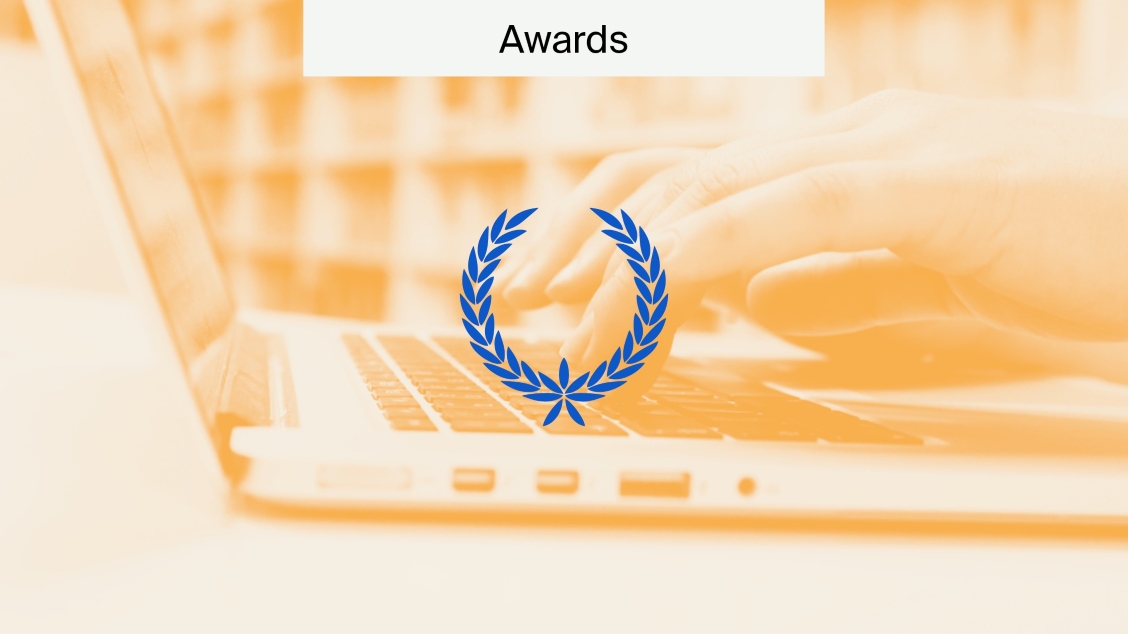




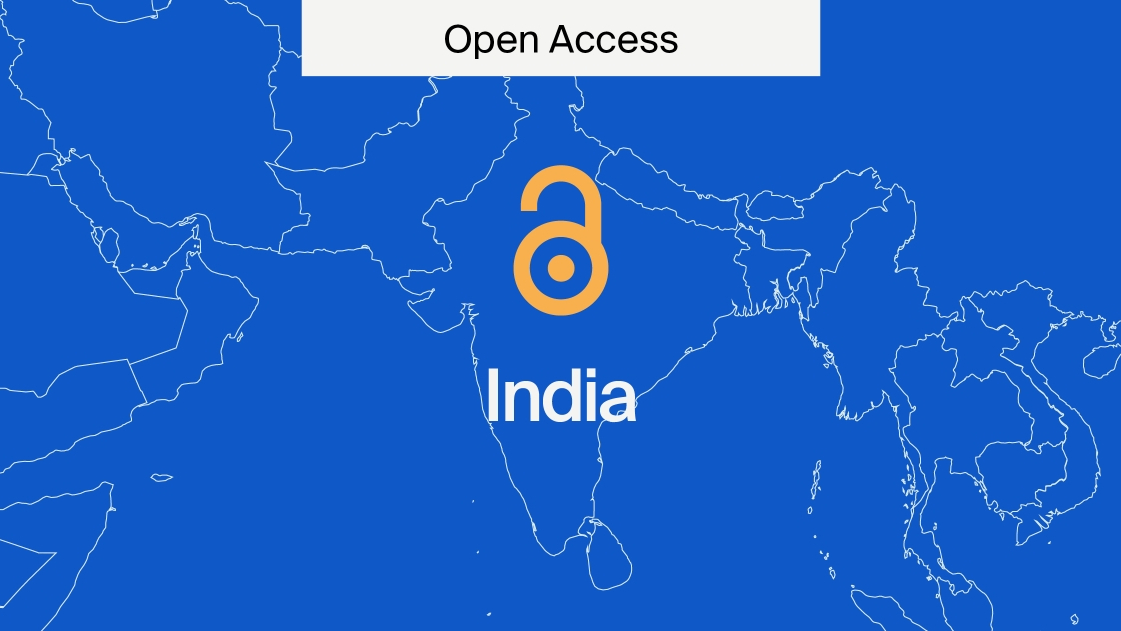
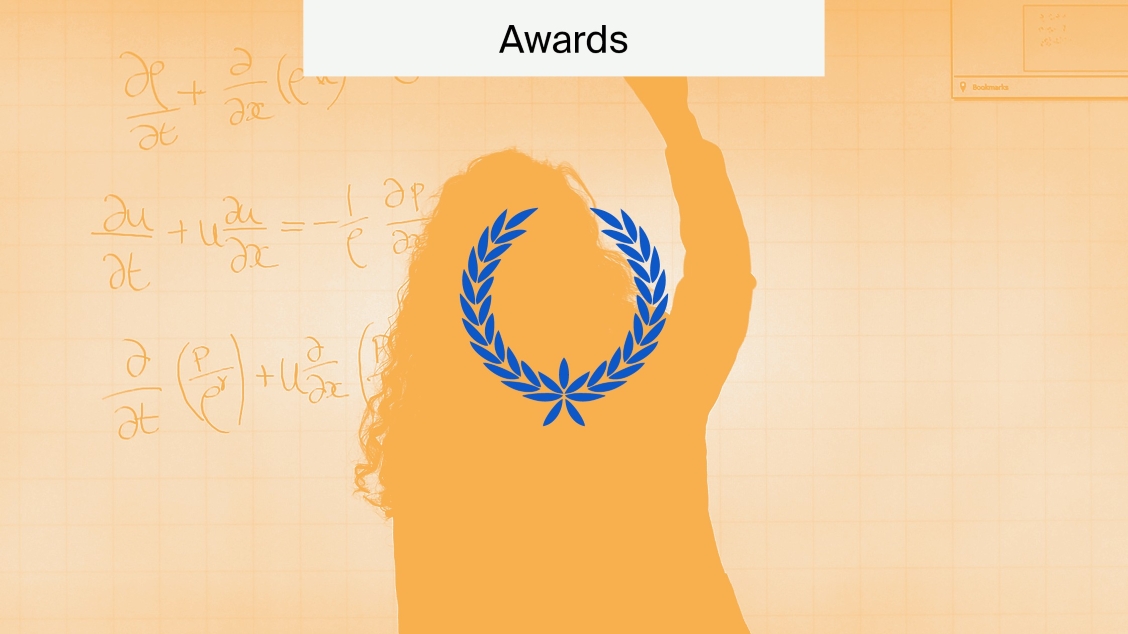

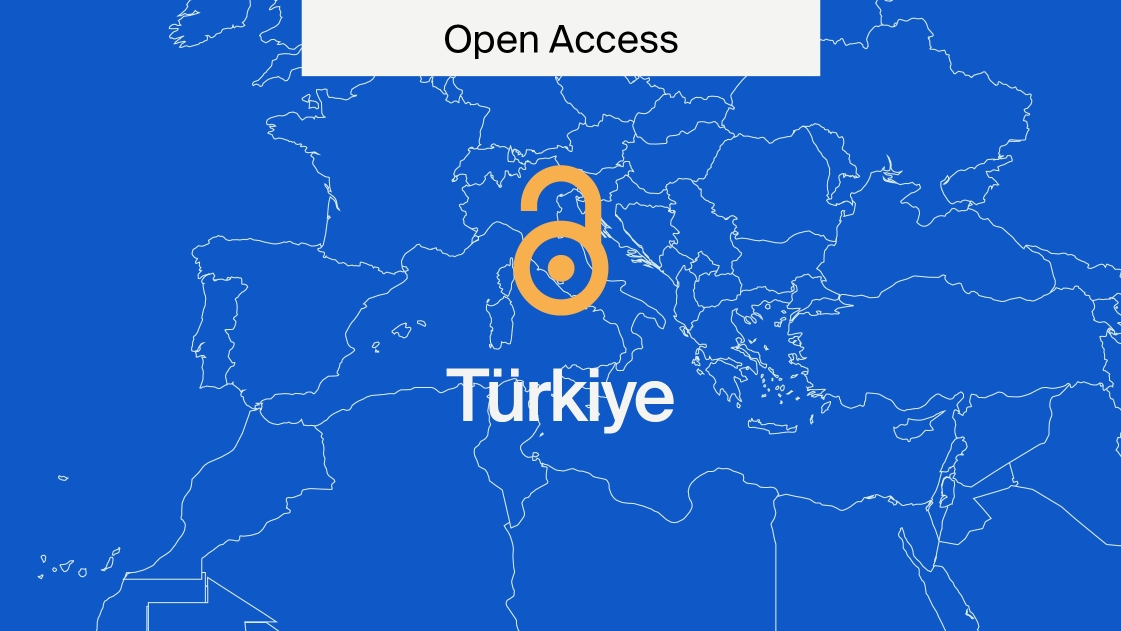
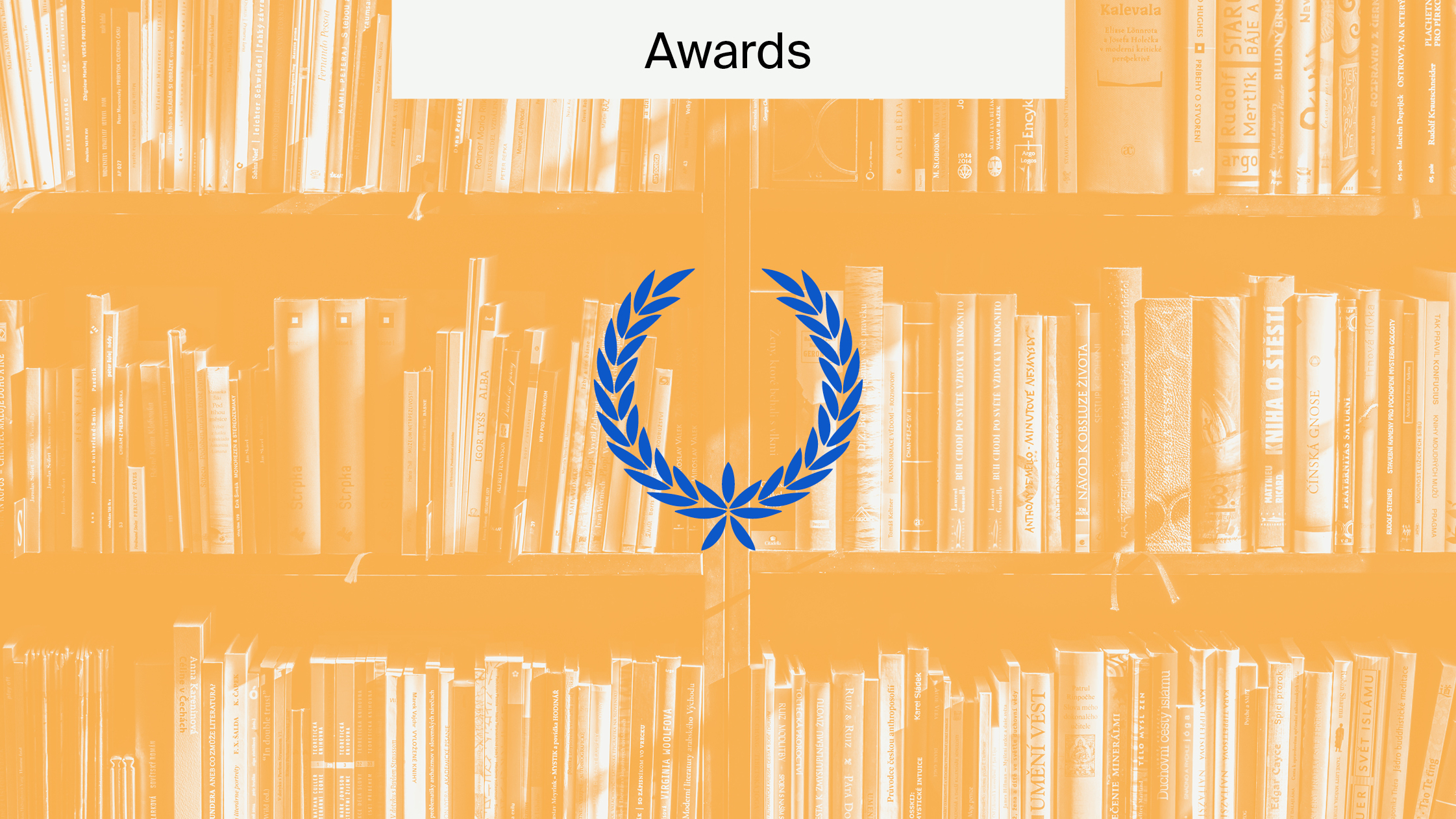
I want to change my name in a publication i did in 2020. The editorial office seems reluctant to do it. What to do next.
Hi,
These decisions are made exclusively by the editorial office; please continue to explain your situation to them in as much detail as possible.
All the best.
if one of the authors want only to omit her name from the article after publication due to some reasons of university policy that time. is it possible? will it affect her future submission in that particular mdpi journal or any other mdpi journal?
Hi,
Please get in contact with the journal you are publishing with and explain your situation in detail; you can find their email on the journal homepage. They should be able to help resolve your issue.
Hope this helps answer your question.
Can i add the one author name and changing the order if authors in published paper? It is possible? My knowledge i have asked..
Hi Chaitanya,
If the manuscript has already been published, requests for a change in authorship will be evaluated and require the publication of a Correction. We reserve the right to request evidence of authorship, and changes to authorship after acceptance will be made at the discretion of MDPI.
Please get in touch with the journal that you have published with directly; via the editorial office or alternatively their email on the journal homepage they will be able to help advise you further. In addition please see our guidelines on authorship ethics here.
We also have other resources including our recent blog articles detailing authorship here.
Hope that this helps to answer your question,
Can the correspondence author be changed to the first author since the correspondence author did not consult with the first author?
Hello Az,
You’ll need to reach out to the Assistant Editor handling your manuscript to address this issue and see if it is possible. Hope this helps.
Hello. Is it possible to add a new author to a published paper given he/she contributed to the work?
Kebe,
My understanding is that this depends on the stage of the process. Please reach out to the journal in question as soon as possible to have them look into this matter.
Hi,
Is it possible to Addendum or Erratum of an article after two years of publication, and how much is its fee.
Thanks
Hi Asif, thanks for the comment.
Please review MDPI’s Policy Regarding Corrections and Retractions. You can find all the information about this topic there.
Could you kindly respond to my comment below:
This is the 3rd time to post my comment with no response and the other two have been deleted from the system
Can I request the editorial office to remove my name from manuscript authorship if the manuscript is still pending a major decision and is not accepted yet
Hi Ahmad, thank you for getting in touch.
Yes, you can get in touch with them to request this change. Circumstances will differ, and the journal staff will provide you with the right course of action for your specific case.
Please know that you can update the authorship of your paper after publication, as per MDPI’s name change policy.
Please can you help me, How to change the name of corresponding author after submit
Hello Ahmad,
To do so you will need to contact the journal you submitted your paper to. Unfortunately we are unable to assist you with this.
can I request to remove my name from authorship during the review process?
Hi Ahmad, thank you for the comment.
You can get in touch with the journal’s Editorial Office about this.
In any case, you can change the authorship of the paper after publication, by taking a look at MDPI’s name change policy.
One of the Mdpi journal is not accepting authorship change form (as per Mdpi website) during review process. I have give all reason to the editor via email. author also give their consent individual via email.
Editor say if you insist to add these author then you should withdraw the paper…
What should I do?
Hi Khan, thanks for the comment.
Essentially, this name change policy applies to manuscripts that have already been published in one of MDPI’s journals.
If your paper is still going through the submission process, then it depends on the journal.
In this case, you can withdraw the paper and re-submit, based on the advice of the assigned editor.